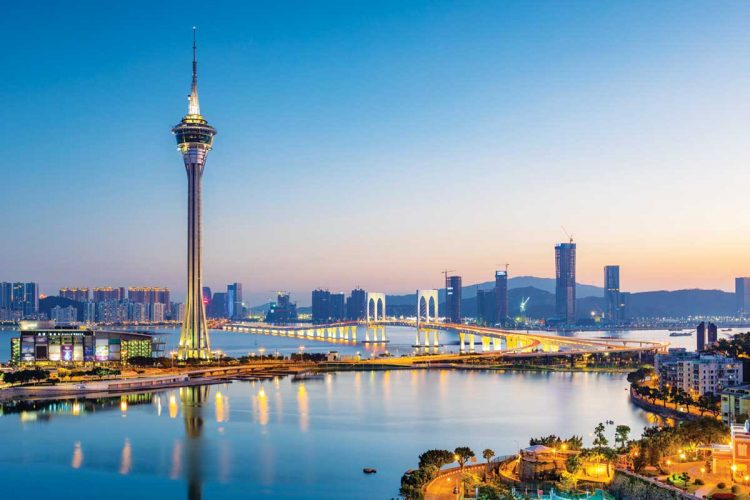It’s been a rough 12 months for Macau’s gaming operators, but there is good reason for optimism in 2022 and beyond.
In a recent research note titled “Welcome to 2022: Beyond reopening”, Morgan Stanley analysts Praveen Choudhary, Thomas Allen and Gareth Leung foretell a “new-look Macau” that will greet the post-COVID world.
 It will be, they state, a Macau far better prepared for the changing face of today’s Chinese consumer, with more hotel rooms available and of a higher quality than at any other time in the Special Administrative Region’s dynamic recent history.
It will be, they state, a Macau far better prepared for the changing face of today’s Chinese consumer, with more hotel rooms available and of a higher quality than at any other time in the Special Administrative Region’s dynamic recent history.
Most importantly though, the Morgan Stanley report outlines strong reasons for optimism, with gross gaming revenues tipped to improve from around 55% of 2019 levels in 2021 to around 97% by 2022. Combined with lower operating costs – one of the few positive impacts of the COVID-19 pandemic – next year shapes as one that will well and truly consign the challenges of the past 15 months to the annals of history.
“Macau stocks are up 16% [year to date],” the analysts write, adding “investors are asking us ‘what is priced in’ and about the ‘shape of recovery’. We recommend to focus beyond these to 2022.
“Macau will look and feel different in 2022, when compared to the pre-COVID world. Cotai hotel capacity will be up 13%, but fixed opex down 4% resulting in 15% higher EBITDA. High end premium mass services will greet visitors. Investors focused on the near-term catalysts should look beyond reopening.”
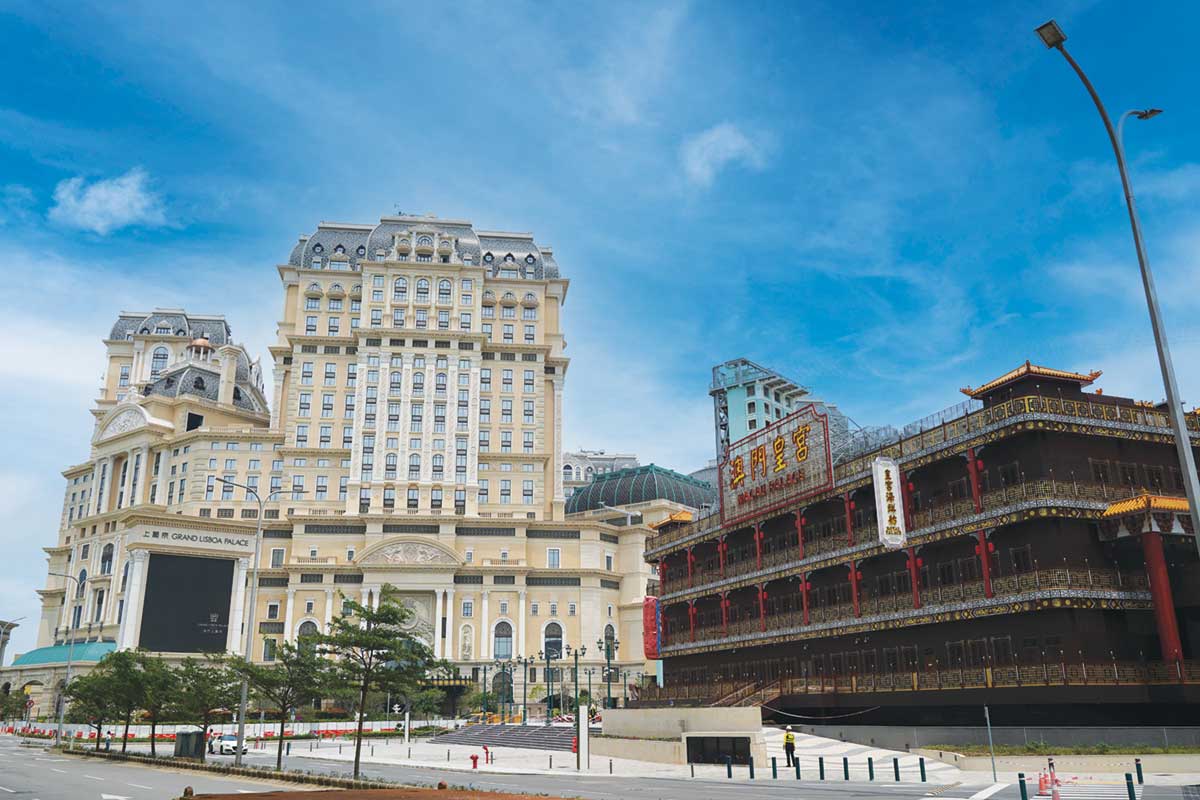
So exactly what is driving such confidence in Macau’s recovery trajectory given that the combined losses of Macau’s six concessionaires totalled almost US$5.3 billion?
Ultimately it comes down to supply and demand.
SUPPLY
The number of hotel rooms in Macau will rise by 13% in 2022 when compared to 2019 levels, opening the door for higher visitation – both by volume and quality (length of stay) – than the SAR has ever seen before.
New room supply will be led by the impending launch of SJM’s Grand Lisboa Palace, due to open either late this quarter or by early Q3. The HK$39 billion (US$5 billion) development represents SJM’s first and long-overdue foray into Macau’s gaming epicentre of Cotai and will see 1,892 rooms come online across three hotel brands – Lisboa Palace Hotel, Palazzo Versace Macau and Karl Lagerfeld Hotel.
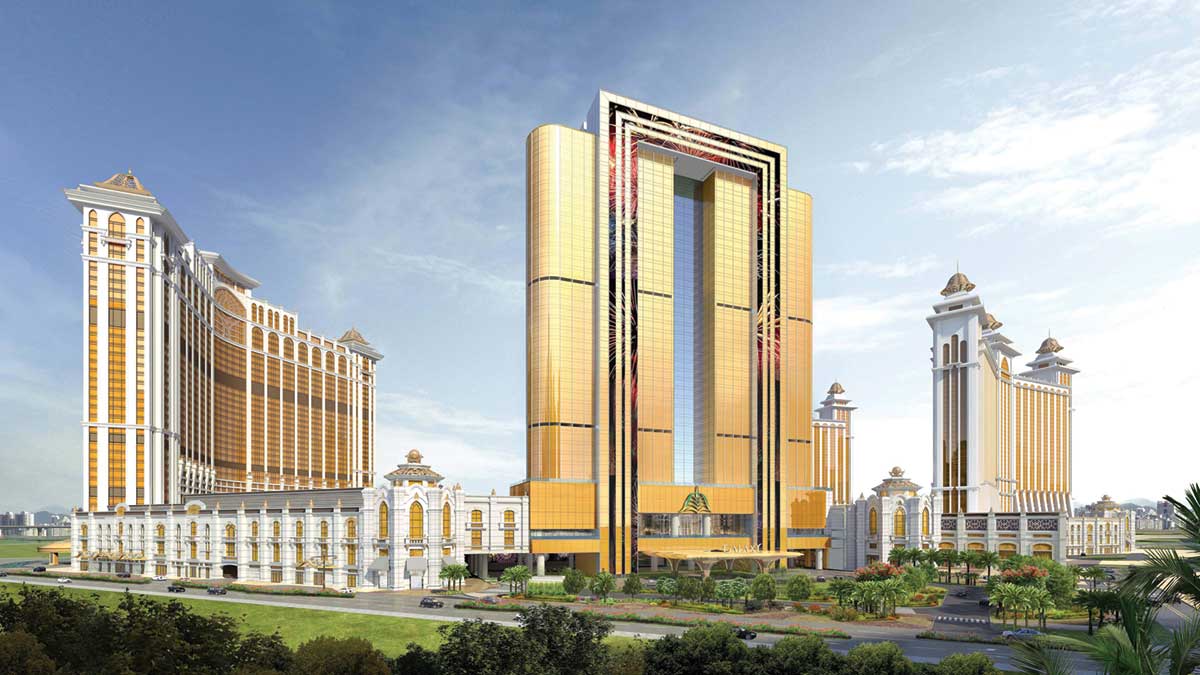
Another 1,500 rooms will open as part of Galaxy Macau’s Phase 3 development, highlighted by exclusive all-suite tower Raffles at Galaxy Macau, which will see Singapore’s famous Raffles brand introduced to Macau for the very first time. Those 1,500 rooms represent half of the 3,000 rooms planned for Phases 3 and 4 combined, down from a combined 4,000 rooms Galaxy had originally set out to build.
Speaking with media in February following the release of Galaxy Entertainment Group’s 4Q20 financial results, Vice Chairman Francis Lui explained that the company had altered the design of its upcoming phases to better serve the lucrative premium mass segment – widely considered to be the future of Macau gaming.
“We have found that the visitors to Macau we are looking for are the high-end, mass market customer,” Lui said.
“So we hope most of the 3,000 rooms will be able to satisfy families who come to Macau for leisure and that the quality of our rooms is what they are looking for.”
Importantly, while total room supply will increase by 13% in 2022, Morgan Stanley notes that the number of “ultra-high-end rooms” will grow by 59% compared with 2019 as more operators eye the premium mass segment.
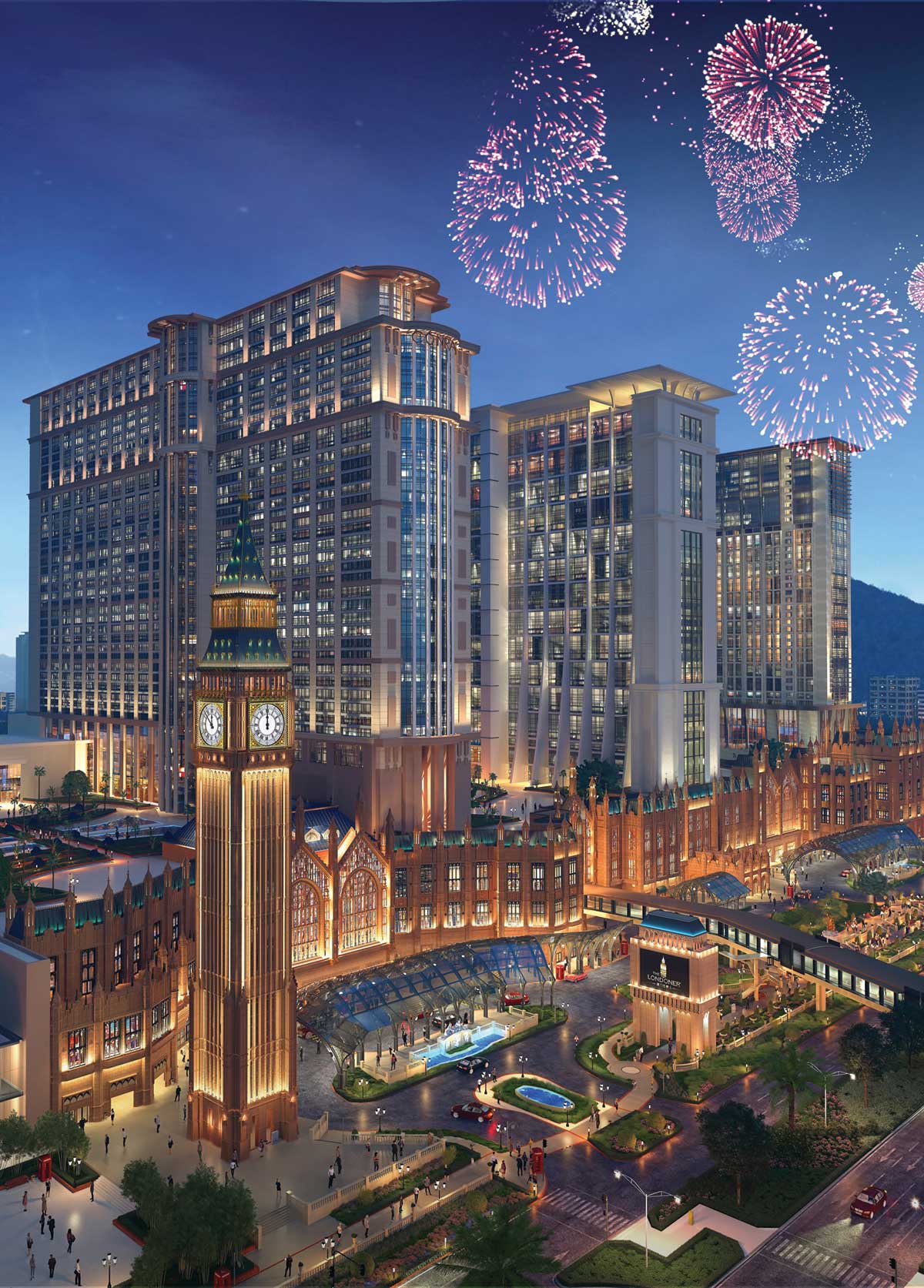
“Premium mass remains the biggest driver of profit for companies in Macau in 2021/22,” the Morgan Stanley report states.
“These customers come to Macau and expect high end hotels, free entertainment and F&B amenities. Companies with better hotel products such as Ritz Carlton (at Galaxy Macau) and Morpheus (at City of Dreams) have done better premium mass business historically.”
Macau’s premium mass opportunity is perhaps best exemplified by Sands China, which has spent more than US$2 billion on recent upgrades to its Cotai Strip properties, of which hotel room upgrades formed a vital component.
In October last year, Sands unveiled its new all-suite tower at Four Seasons Hotel Macau, named The Grand Suites at Four Seasons, with 289 new units each ranging from 160 square meters to more than 455 square meters in size.
That was followed by the Phase 1 launch of The Londoner Macao, formerly Sands Cotai Central, which includes the transformation of Holiday Inn Macao into the 600-suite Londoner Hotel and St Regis Tower Suites into the 370-room residential-style all-suite hotel Londoner Court.
All of which bodes well given expectations of increased demand over the next 12 months, according to brokerage Sanford C Bernstein.
“In the early stage of recovery, we expect operators who have outsized relative positions in premium mass to fundamentally outperform … as premium customers are less affected by the economic impact related to COVID-19 and fewer numbers of customers are necessary to drive GGR growth,” state Bernstein analysts Vitaly Umansky, Tianjiao Yu and Kelsey Zhu in a recent note.
“Sands and Galaxy will also benefit from their expanded focus on premium mass over the next year.”
Like Morgan Stanley, the Bernstein analysts are bullish on Macau’s 2022 prospects, estimating GGR will return to 98% of 2019 levels with mass – including premium mass – soaring to 110% of 2019 GGR versus a more subdued “less than 90%” recovery in the VIP segment.
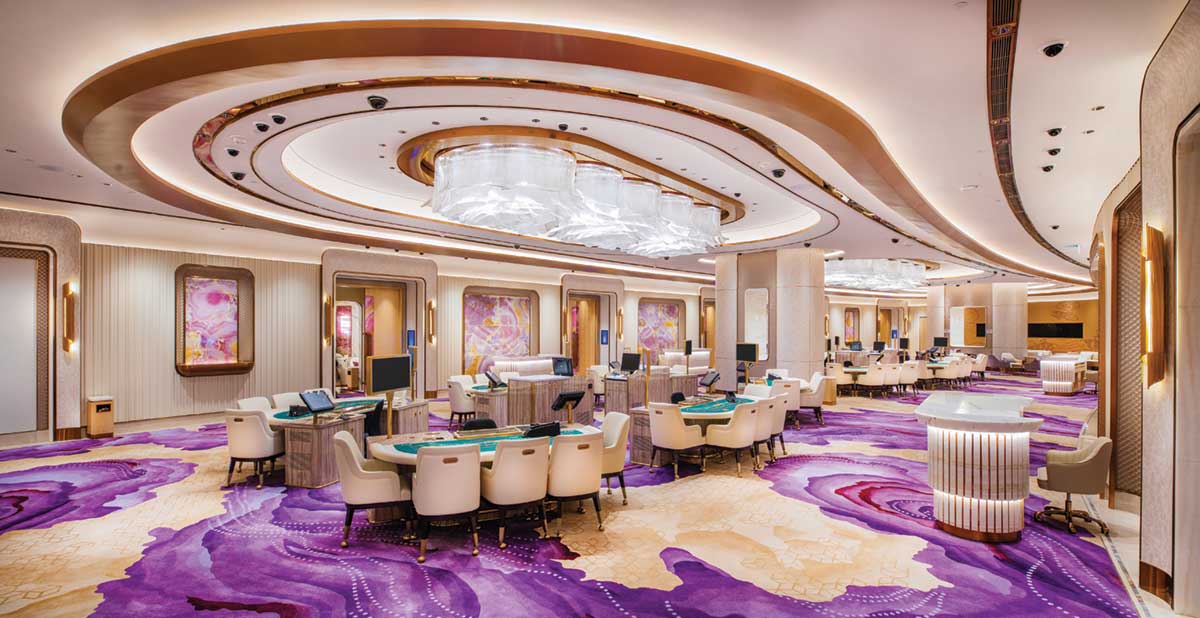
VIP, they add, could in fact remain below 2019 levels into 2025 due to scrutiny around money transfers and customer concerns over dealing with junkets.
However, “this may have some positive impact on premium direct and premium mass as some customers shift game play.”
DEMAND
While Macau has taken an exceedingly cautious approach to reopening its borders, China’s domestic travel, leisure and luxury markets are showing clear signs that people have started to move on from the COVID-19 pandemic.
In March, the Civil Aviation Administration of China said it expects domestic air traffic to return to around 90% of pre-pandemic levels in 2021. Those comments came even before the nation’s three largest carriers – China Southern Airlines, China Eastern Airlines and Air China – released their traffic for the month which showed passenger numbers returning to and even exceeding 2019 levels.
China Southern’s figure of 11.1 million domestic passengers in March was three times more than March 2020 but more importantly 8% higher than March 2019, China Eastern flew just 0.3% fewer passengers than two years earlier at 8.6 million, and Air China was down only 3.5% to 7.5 million.
There has been similar momentum in China’s luxury goods market, seen as a strong indicator of people’s willingness and motivation to spend.
With such trends expected to continue into 2022 – Morgan Stanley says China’s nominal GDP will be 22% higher next year than in 2019 at RMB122 trillion – the Macau mass market is seen as a major beneficiary.
Based on recent history, which has Macau mass revenue as a percentage of China GDP relatively stable at around 0.14%, the analysts are tipping mass revenue of US$26 billion in 2022 – an increase of 18% compared to 2019 and enough to make amends for an anticipated 31% decline in VIP revenue.
It should be noted, too, that long-coming headwinds facing the VIP sector are, for the most part, unrelated to the COVID-19 pandemic and may in fact further boost Macau operators at the expense of regional rivals.
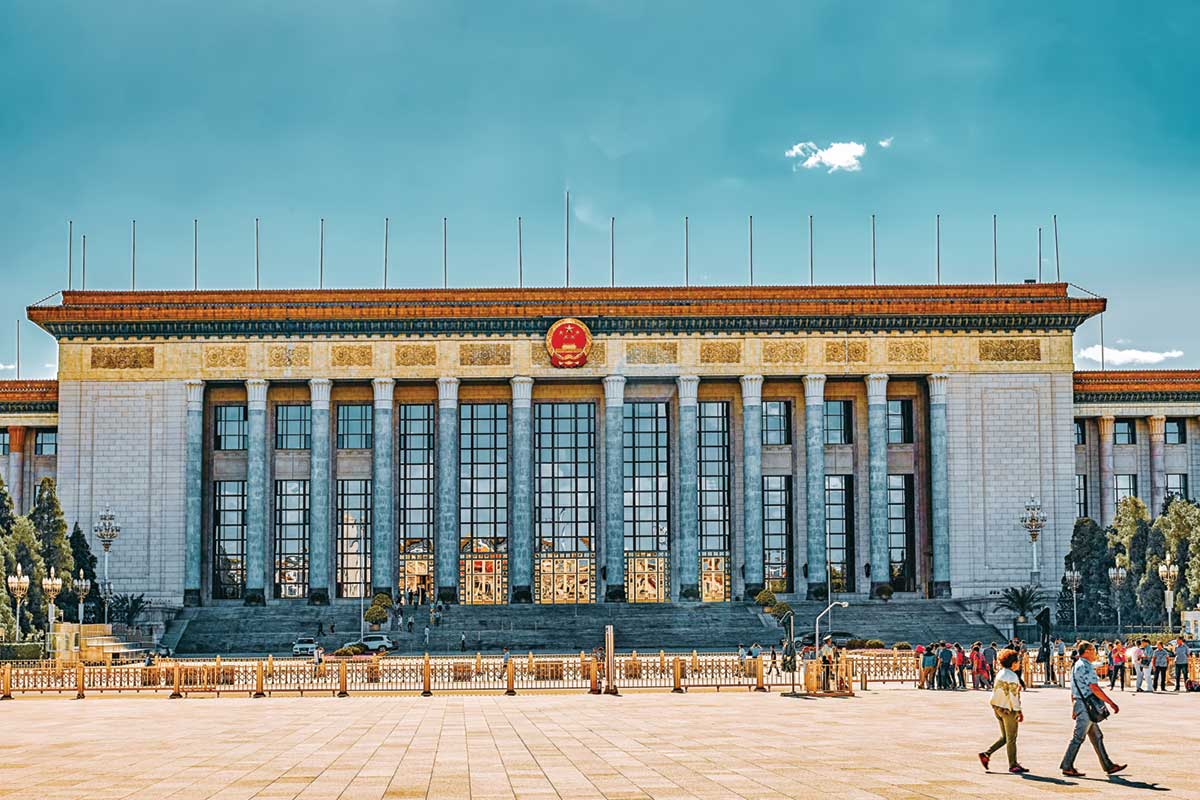 Chinese authorities have issued multiple statements since the second half of 2020 promising a range of crackdowns on cross-border gambling and specifically those individuals and jurisdictions seen to be attracting Chinese tourists for gambling activities. In particular, the Ministry of Culture and Tourism announced in August the establishment of a “blacklist” of overseas tourist destinations it said have been disrupting the nation’s outbound tourism market by opening casinos targeting mainland Chinese customers. The blacklist system, it explained, would see travel restrictions imposed on Chinese citizens going to overseas cities and scenic spots named on the blacklist, although no specific destinations were named.
Chinese authorities have issued multiple statements since the second half of 2020 promising a range of crackdowns on cross-border gambling and specifically those individuals and jurisdictions seen to be attracting Chinese tourists for gambling activities. In particular, the Ministry of Culture and Tourism announced in August the establishment of a “blacklist” of overseas tourist destinations it said have been disrupting the nation’s outbound tourism market by opening casinos targeting mainland Chinese customers. The blacklist system, it explained, would see travel restrictions imposed on Chinese citizens going to overseas cities and scenic spots named on the blacklist, although no specific destinations were named.
Earlier this year the Ministry of Public Security promised to deploy additional resources to track down anyone involved in “gambling, online gambling, or providing funds and technical support for gambling activities” in a threat seen as primarily targeting operators of online gambling sites and junkets.
Bernstein’s Vitaly Umansky and Tianjiao Yu are adamant such actions are not targeted at Macau but instead aim to limit gambling in foreign countries and reduce associated money outflows.
“In the longer run, we see China’s actions of trying to stamp out illegal online gambling (which has become a severe problem in China) and making it more difficult to gamble overseas as a benefit to Macau, as it is viewed as a safe place to go for gaming activity within China,” they wrote in February.
“The bigger impact would be to junket VIP in Macau (accounting for around 80% of rolling business in Macau), which is already under pressure due to liquidity concerns. Macau junket agents operate in China under the radar, and their activity always fell into a shady grey area.

“With the current law changes and government actions, the junket system that has been in place will undergo a fundamental change. A continued shift to premium direct (VIP) and premium mass occurring in Macau will continue to accelerate.”
OPPORTUNITY KNOCKS
Macau’s six gaming concessionaires reported revenues roughly back to around 30% of pre-COVID levels in 4Q20, with five of the six – SJM Holdings being the exception – printing positive EBITDA for the period. While all six still recorded a net loss, it highlighted the unique opportunity Macau’s open border with mainland China provides when compared with other jurisdictions still cut off from their key feeder markets. “More than 70% of Macau’s visitation was from China anyway before the pandemic, and the majority of that was from Guangdong Province,” offers Glenn “We’re seeing the MGTO team up with the integrated resorts a lot more now because of COVID-19, and I want to see more of that collaboration where they come together to create a common message to take into China,” McCartney explains.China’s domestic air traffic has been on the rise in 2021.
“Macau has an opportunity, if it ramps up the messaging, to be enormously successful because I think that there will be more people with a higher net worth looking for new experiences.
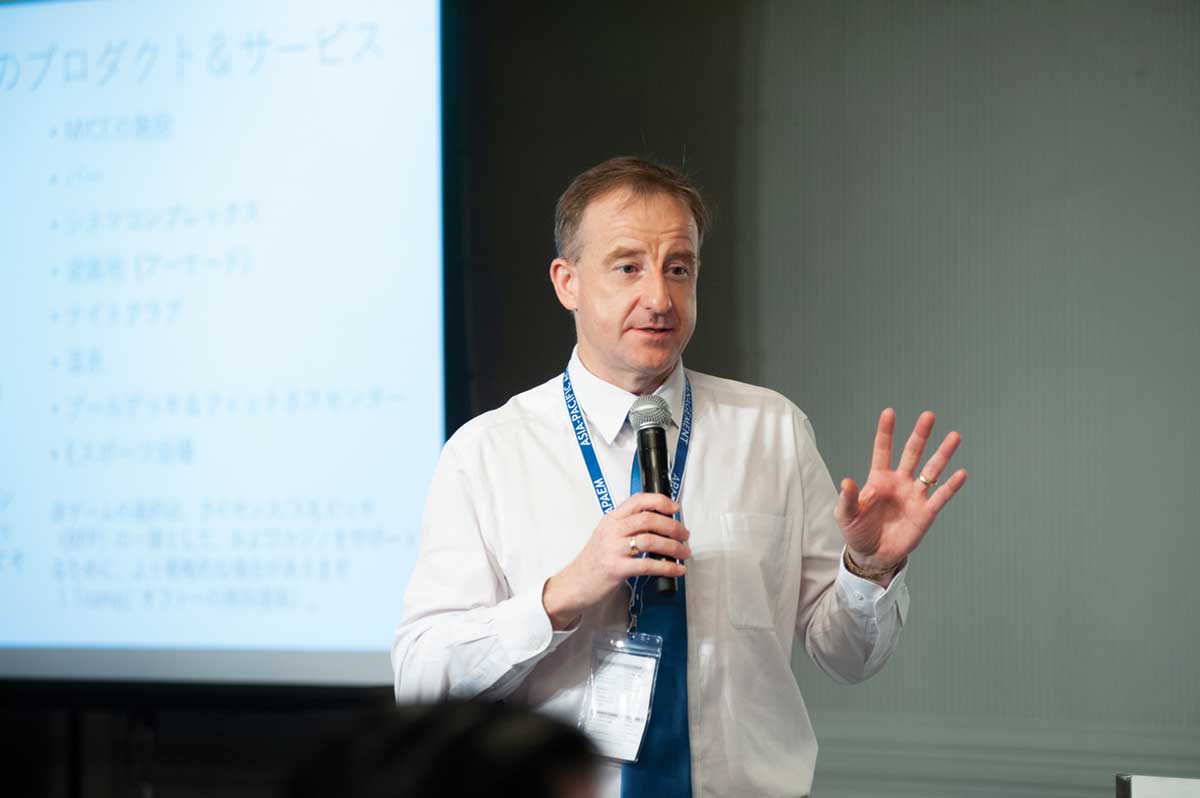 “There is also the fact that two years ago the Chinese were going to many other jurisdictions, but Macau can tap into that during this time and use the current situation to its advantage. I’m talking about people with a higher disposable income and a higher propensity to spend, so Macau does have a unique opportunity there. I do see that customer segment increasing.
“There is also the fact that two years ago the Chinese were going to many other jurisdictions, but Macau can tap into that during this time and use the current situation to its advantage. I’m talking about people with a higher disposable income and a higher propensity to spend, so Macau does have a unique opportunity there. I do see that customer segment increasing.
“Ultimately I’m very optimistic because having seen the past few months of the travel bubble with China, half a million tourists coming over the border and revenues back above US$1 billion in a month, you can see there is a level of recovery. And those numbers are very unique to Macau, to be able to do so safely. That in itself is a positive sentiment.
“Sure, everyone would like to see a faster recovery, but what we’re seeing now with this gradual, month by month recovery fits the narrative of being cautious given we have a pandemic which is playing out very differently globally.
“When you take everything into account, Macau’s incremental month by month improvements are a very good sign.”







